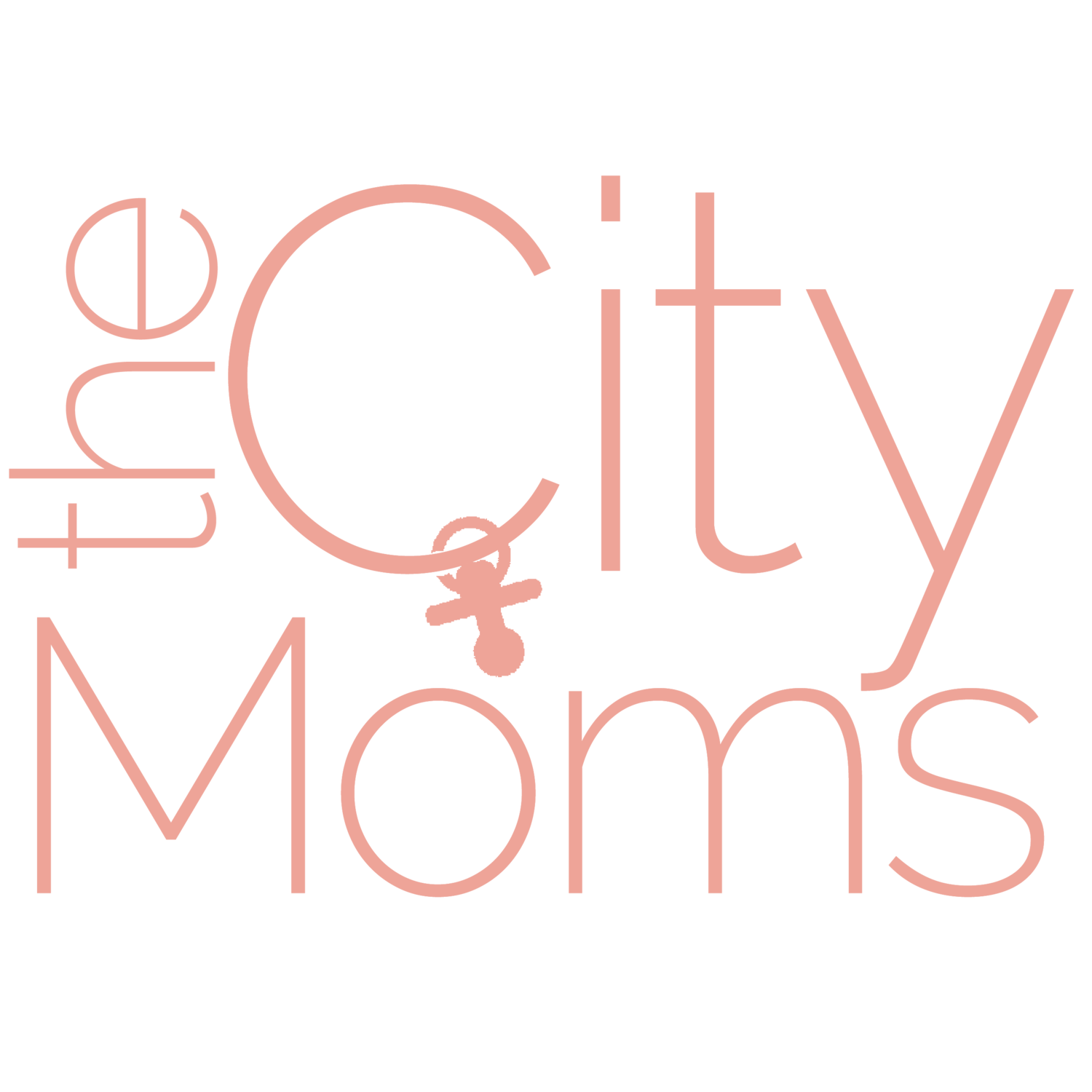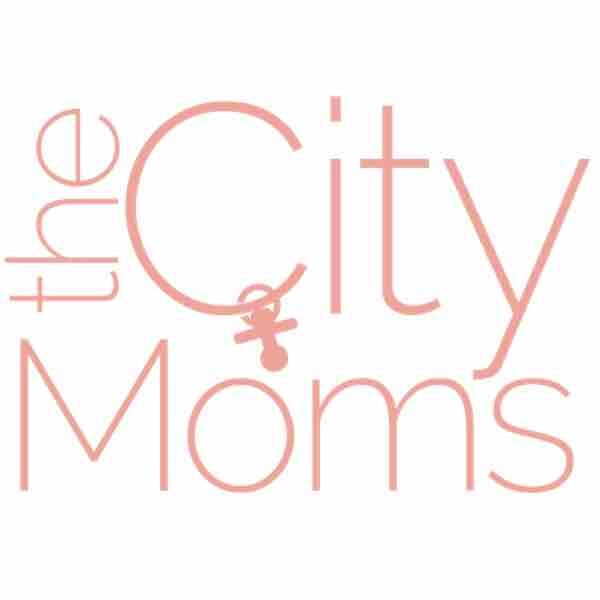The Civil Rights Movement :: Talking with your kids
DISCLAIMER: Hey reader! Please know the Indiana Repertory Theatre is a valued partner of theCityMoms. Because of this relationship, we occasionally share sponsored content we feel could be valuable or interesting for your family, like information about what's coming up on stage. Read on, friend…
Imagine loading your entire family into a car for a cross country road trip. You’re already dreading it, right? Now imagine you’re driving with your young children through areas which are dangerous, where you aren’t welcome. That’s just the beginning of the adventure in
The Watsons Go to Birmingham
,
the newest play gracing the stage at the Indiana Repertory Theatre as part of their INclusion series celebrating diverse storytelling.
Civil Rights History - theCityMoms
When the Watsons, an African-American family, make the journey to Birmingham, Al in 1963, they must prepare for a level prejudice they’ve not experienced in Michigan. Relying on the Green Book as a guide for a safe journey through the south, they witness the cruel realities of Jim Crow America. The family grapples with understanding and explaining the violent racial divide in America to their children. "While we know the facts of the Civil Rights movement, with its marches, sit ins, and ultimate violence, we rarely experience it through the lens of an actual family, who are trying simply to live their lives in tumultuous times, trying to teach their children values, even while they must protect them from those who wish them harm due to the color of their skin alone,” IRT’s Margot Lacy Eccles Artistic Director Janet Allen said.
The Watsons Go to Birmingham, while set in 1963, provides audiences lessons applicable even today.
Civil Rights History - theCityMoms
“[The play] is focused on our nation’s fraught Civil Rights history, but it also provides opportunities for parents and children to discuss some of today’s most pressing issues: racism, class struggle, violence, and a culture of hate. At the same time, it demonstrates the enduring power of family, love, and community,” said Richard Roberts, IRT Resident Dramaturg. Trying to synthesize the complexities of the Civil Rights era and issues of race and racism in American can appear daunting to parents, but laying the groundwork of empathy, tolerance, and understanding can begin at an early age.
You may wonder if your child is old enough to discuss such a serious topic.
Civil Rights History - theCityMoms
However, experts say kids as young as 2 and 3-years-old can differentiate races. Toddlers and preschoolers may not understand the events of the world but they grasp concepts of social structure, kindness, and acceptance. Early childhood may be the perfect time to introduce issues of race, inequality and civil rights. Authors Louise Derman-Sparks and Julie Olsen Edwards wrote, “Young children need caring adults to help them construct a positive sense of self and a respectful understanding of others. They need adults to help them begin to navigate and resist the harmful impact of prejudice and discrimination. A person’s early childhood years lay the foundation for a developmental and experiential journey that continues into adulthood.”Parents may find themselves overwhelmed by the idea of talking about race with their young children, but experts agree an open dialogue focused on awareness and acceptance provides children with the tools to process and understand complex issues surrounding race. Start by expanding your movie and book library to include stories featuring characters of color {it’s even better if race isn’t the focus of the story}. Don’t pretend not to see color, but rather acknowledge racial differences and discuss similarities. As a family, learn about and celebrate other cultural holidays and traditions and talk about how they are both different and similar to the holidays and traditions your family celebrates. Normalizing the lives of other races, religions, cultures, and even lifestyles gives our children a foundation of empathy as they expand their own social circle.We know know these conversations can be challenging, so we pulled together a list of resources to get you started.Did you know 37% of the U.S. population identify as people of color, yet only 13% of children’s books in the last 24 years feature characters of color? Check out some recommended books to share with your family and begin a dialogue about race the Civil Right Movement.Toddler: I Am Brown, Same But Different, The Skin You Live InPreschool: Black is a Rainbow Color, The Day You Begin, Someone NewElementary School: Let the Children March, Ruth and the Green Book, Separate is Never Equal, Something Happened in Our Town, Stella by Starlight, The Youngest MarcherMiddle School & Young Adult: Dear Martin, Ghost Boys, The Hate U Give, March: Book One, One Crazy Summer, The Watson Go to BirminghamParents: Black is the Body, So You Want to Talk About Race, Stony the Road, Why Are All the Black Kids Sitting Together in the Cafeteria?
STILL LOOKING FOR A SUMMER CAMP FOR YOUR KIDS?:Check out our 2020 Camp Guide!
Other local, kid-friendly resources for learning about Civil Rights include Power of Children exhibit at the Children’s Museum of Indianapolis, The Legacy Theater at the Indiana State Museum, and the Landmark for Peace Memorial at Martin Luther King, Jr. Park, the location where Bobby Kennedy suspended a campaign speech to deliver the news of Dr. King’s assassination in 1968. Plan a day trip to Chicago to experience the virtual reality exhibit The March at the DuSable Museum of African American History or to Cincinnati for the Rosa Parks Exhibit at the National Underground Railroad Freedom Center.
MORE DETAILS:
The Watsons Go to Birmingham is playing at the Indiana Repertory Theatre through March 7. Tickets are available at irtlive.com. The Watsons Go to Birmingham is approximately 1 hour and 30 minutes with no intermission. This show is recommended for patrons 5th grade and above, due to content, children under 4 years of age are not permitted.




